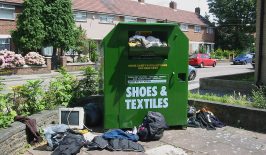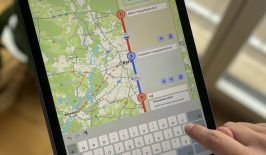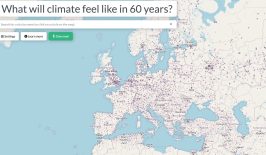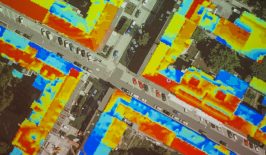As part of a localised version of the internationally popular public bicycle sharing schemes, Mysore is set to become the first Indian city to receive bicycles which residents can rent for free to cover short distances.
The city will receive around 5,000 bicycles which will be docked at various standpoints across the city. Users can rent one from one standpoint, cycle to their destination and drop their bike off at the nearest docking station to that location.
The aim of the project is to reduce reliance upon motorised forms of transport, thus lowering emissions emitted by vehicles. Funded by the World Bank, this program will be rolled out over the next six to eight months.
Public Bicycle Sharing Schemes have proven successful in countries such as Germany, Czech Republic, France, Australia, Brazil, Mexico and China. A similar program was rolled out in 2009 in Delhi but proved to be unsuccessful, partially due to little government support, poor quality of some of the bikes and lack of proper infrastructure (i.e. bike lanes) being installed.
There is usually a multitude of questions when it comes to bike riding particularly regarding safety. The organisation Ride A Cycle has some excellent, up-to-date information about safe city cycling. Check out their website here.








